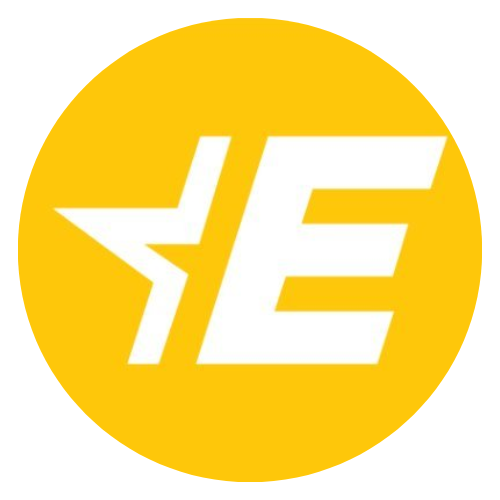A new fee structure in the Play Store
Google has introduced a multi-tiered fee system for app developers across the European Economic Area. These changes are part of the so-called “external offer program,” designed to let developers direct users to offers outside the official Play Store — a requirement under the EU’s Digital Markets Act (DMA) aimed at curbing monopolistic practices.
The new structure includes a reduced “initial acquisition fee,” dropping from 10% to 3% for the first six months after app installation. Additionally, two service levels have been created: Level 1 (mandatory) covers app review and basic security measures, while Level 2 (optional) provides access to tools like search visibility management and promotional campaigns.
Fees also vary by country and app type, ranging from €0.10 per game installation in Romania to €1.90 in Germany. This variation may raise transparency concerns, as developers pay differently depending on their target market.
